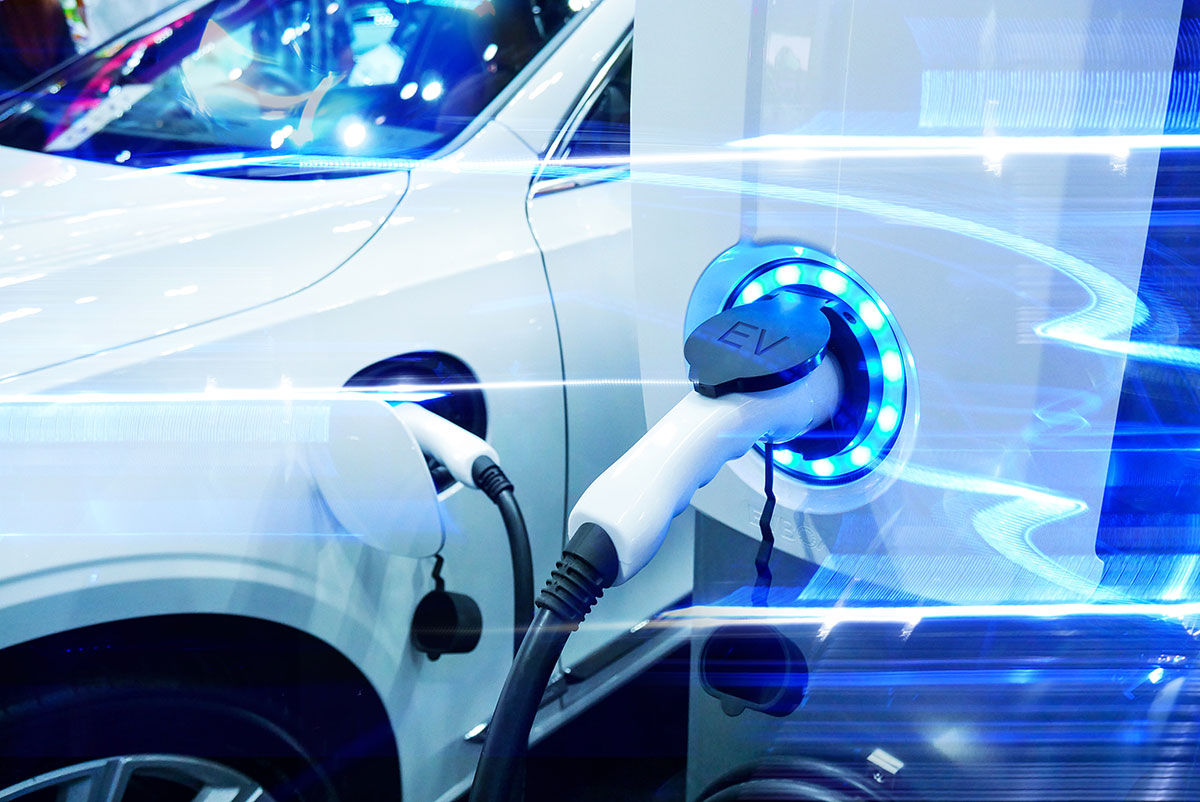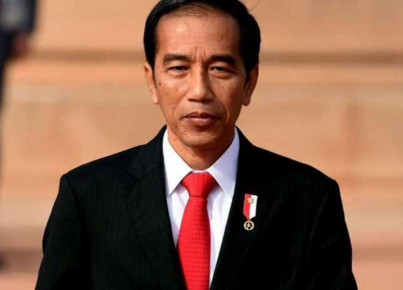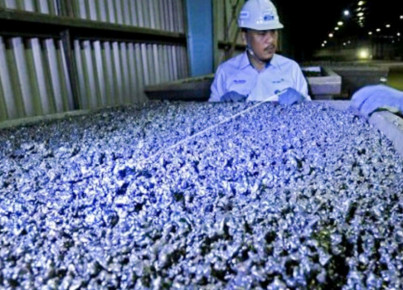Indonesia, the world's largest producer of nickel, aims to build an industry that will include the construction of electric vehicles.
In Indonesia, the transport sector contributed to nearly a third of 2018 greenhouse gas emissions, mainly due to road mobility. The Indonesian government has pledged to reduce its CO2 emissions to achieve the 2016 Paris Agreement on Climate Change goal of keeping the global temperature below 2° C. The spread of electric vehicles (EVs) has been seen by many observers as the main future strategy for reducing polluting emissions.
In order to clarify the matter, the Indonesian Ministry of Transport has already drawn up a draft regulation that electric vehicles will have to face before they can be sold on the market. The quick adoption of these guidelines is a good sign for both domestic and foreign electric vehicle manufacturers, as they have long aimed at this market of over 200 million potential consumers. The push came from President Joko Widodo himself, who is aiming at accelerating the EV program for land transport.
The regulation also outlines the various initiatives the government will take to strengthen the domestic electric vehicle industry, including the requirement for finished products to use locally made components. The construction of 2,200 EV units, 711,000 hybrid units and 2.1 million electric motorcycles by 2025, will make Indonesia less dependent on oil import, which weighs heavily on the national budget. However, state-owned electricity giant Perusahan Listrik Negara estimates that Indonesia will need more than 31,000 new electric vehicle charging stations by 2030 to meet its targets, at a cost of 3.7 billion dollars. The Institute for Essential Services Reform has identified the lack of charging stations as one of the key factors inhibiting the spread of electric cars in Indonesia. Moreover tax incentives aren’t sufficient enough and the costs to support the EV infrastructure required are still high.
On the other hand, Indonesia is one of the largest producers of nickel in the world, which its export has been recently banned by the government: the ban’s aim is to encourage foreign companies to invest in the production of finished products directly in the country, using its nickel and its batteries. Tesla CEO Elon Musk, while not yet present in the Indonesian market, has asked mining companies to increase production.
The Minister of Industry Agus Gumiwang has shown interest in Tesla's proposal, which already plans to build a battery factory on site, more specifically in Batang Province. Negotiations are currently underway between the Californian tech company and the Indonesian government to build a new nickel mining and processing company in the country. The Coordinating Minister for Maritime and Investments Affairs, Luhut Binsar Pandjaitan, also confirmed that they would secure their nickel supply if Elon Musk's company will decide to invest in a battery factory in the country.
Now aware of the growing importance of nickel in the development of this sector, Indonesia also wants to create a domestic industry of batteries for electric vehicles, with the aim of putting the first cells on the market by 2023. They will be designed and built by Indonesia Battery Holding, a new joint venture launched by the state oil company Pertamina, the energy distribution company Perusahan Listrik Negara and the mining company Aneka Tambang. The founding of this new state-owned company will put Indonesia in a strong position in the global battery market.
Nowadays, the weak point of this strategy is the difficult access to the technologies necessary for the production on an industrial scale. To fix this, the government is negotiating with the Chinese company CATL and Korea’s LG Chem, two of the world's largest manufacturers of EV batteries. The entry of these players into the Indonesian market will bring investments for an additional 20 billion dollars to be allocated to the development of the missing technologies. Furthermore, the batteries for electric vehicles produced in Indonesia will not only be destined for the transport sector, but also for the energy storage sector: experts predict that demand will increase for both uses in the next years.
In conclusion, given Indonesia's current market, existing regulations and weak industrial infrastructure, electric vehicles will face very difficult challenges to break into the automotive sector. To achieve a high market share and a significant reduction in emissions, supportive policy tools are needed. Policies must aim to provide incentives for electric vehicles and disincentives for internal combustion engine vehicles (ICEVs). The tools should include tax incentives (both initial and recurring), non-financial incentives, regulatory incentives and the availability of public charging infrastructures, indispensable tools already adopted in other countries with a high diffusion of EV vehicles.
By Diego Mastromatteo






